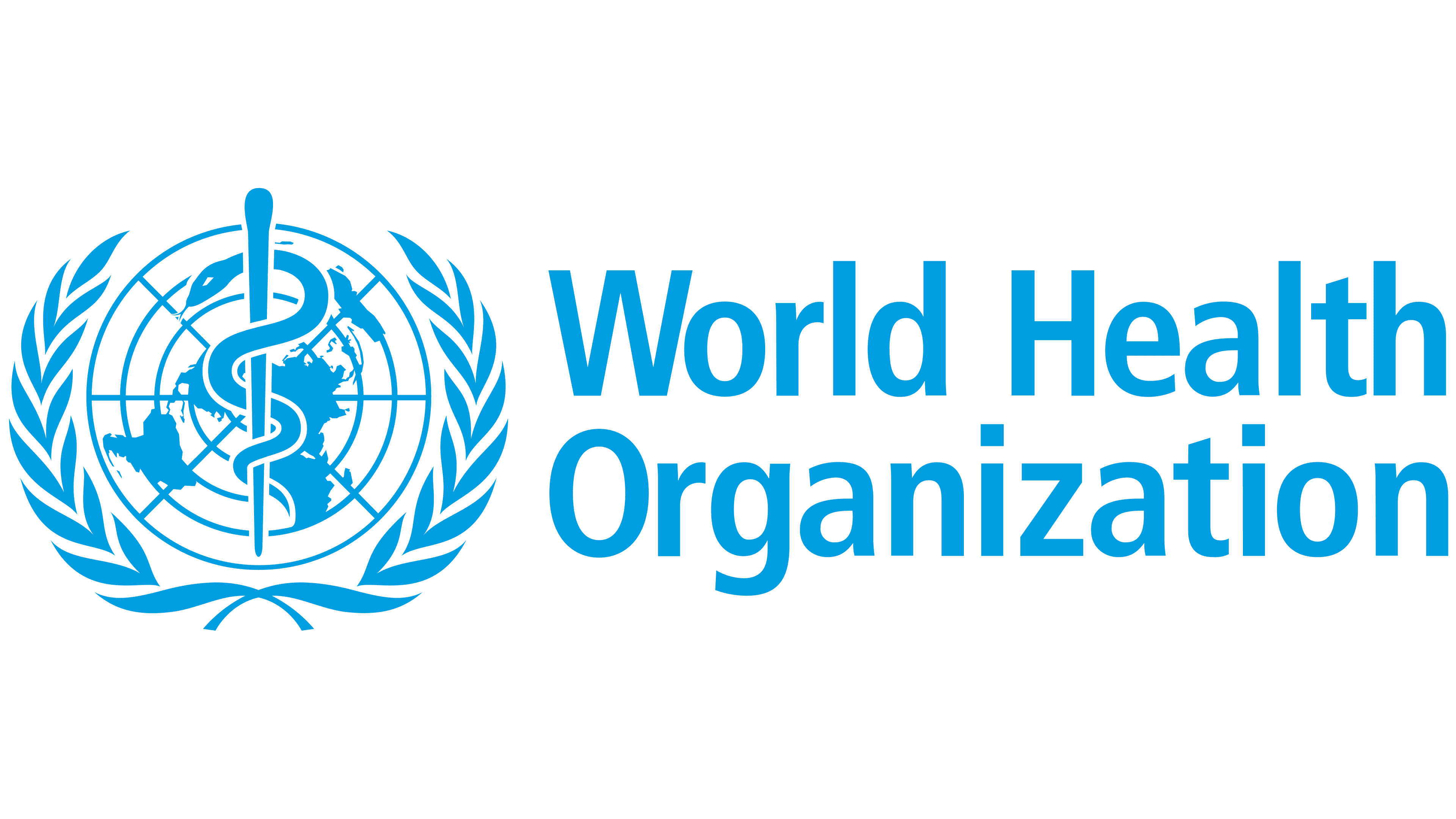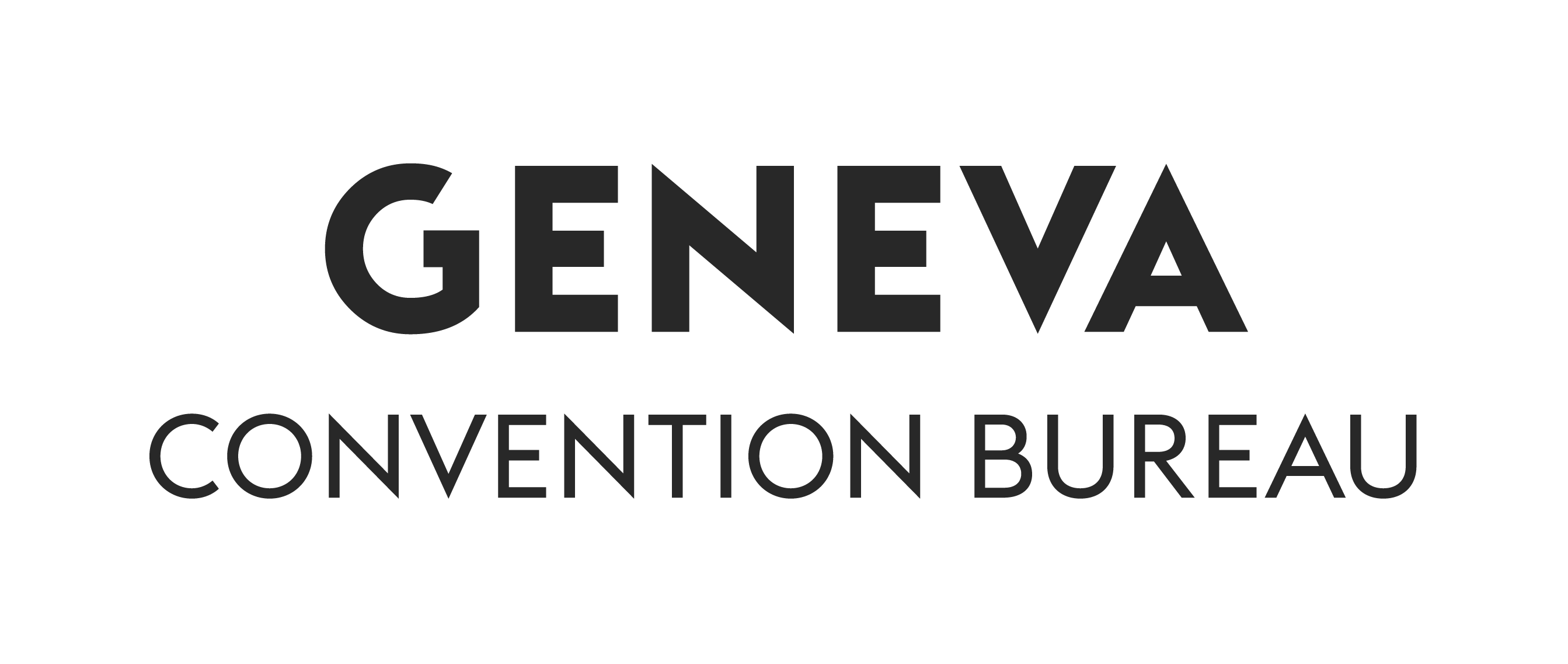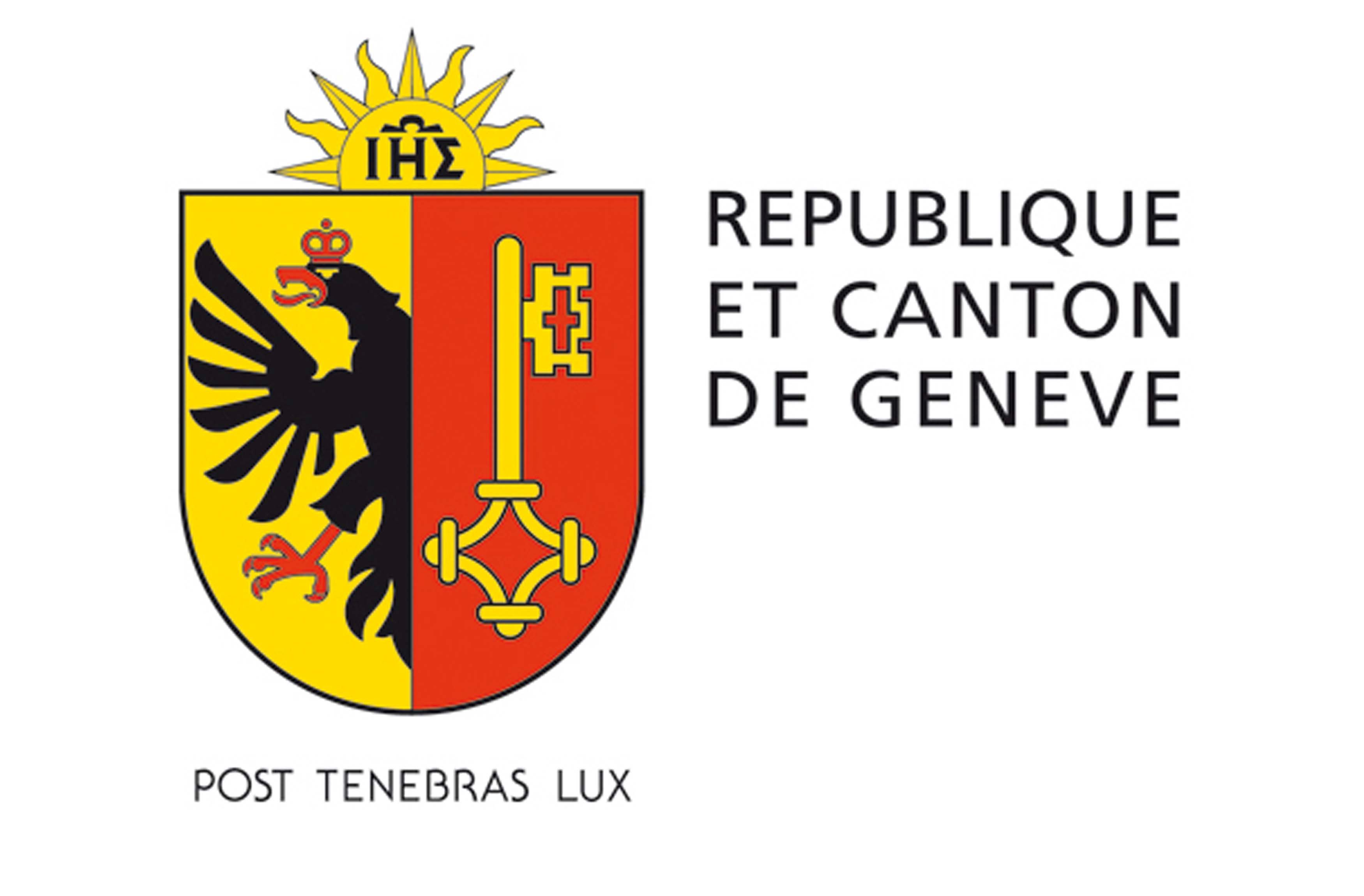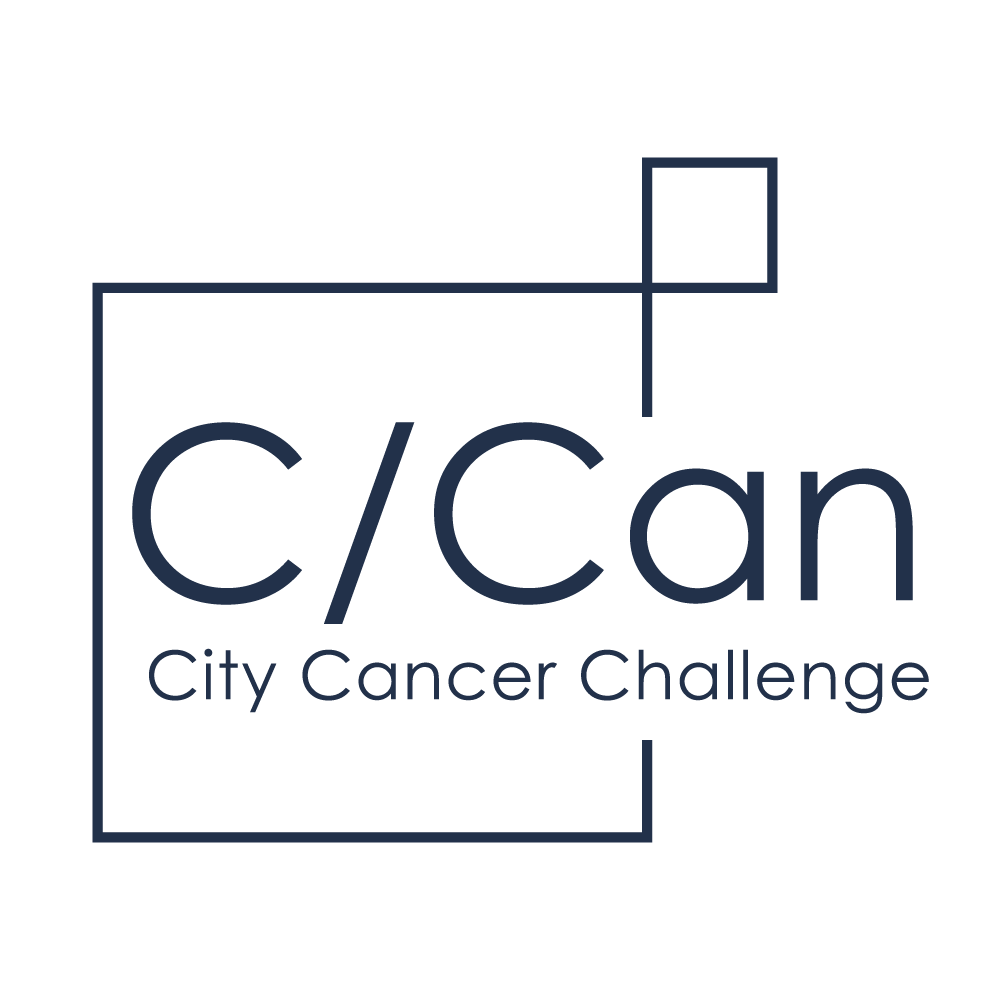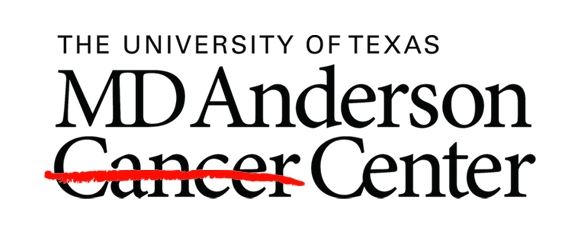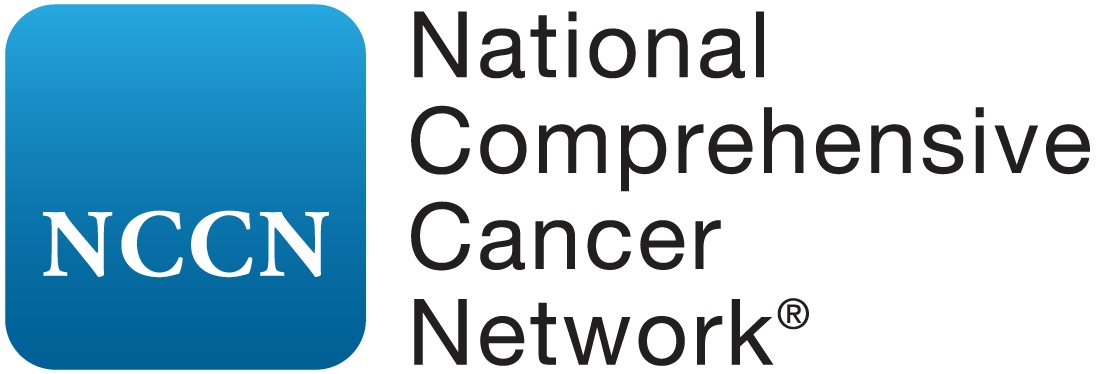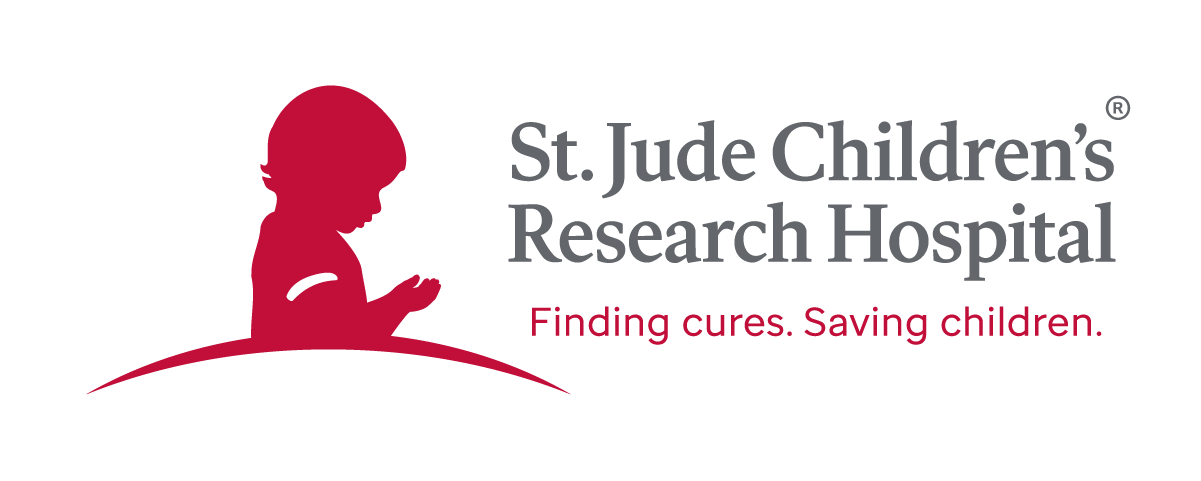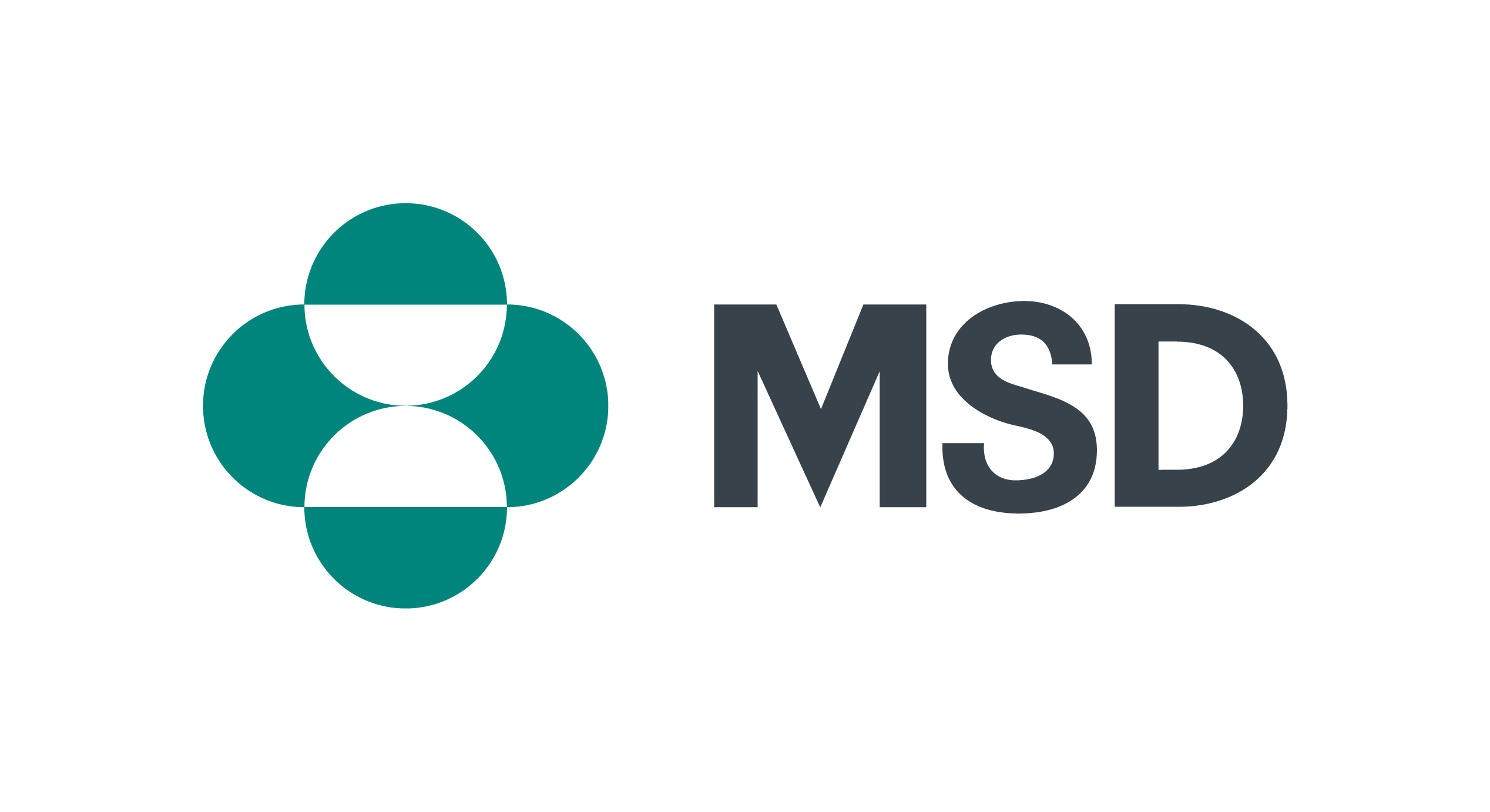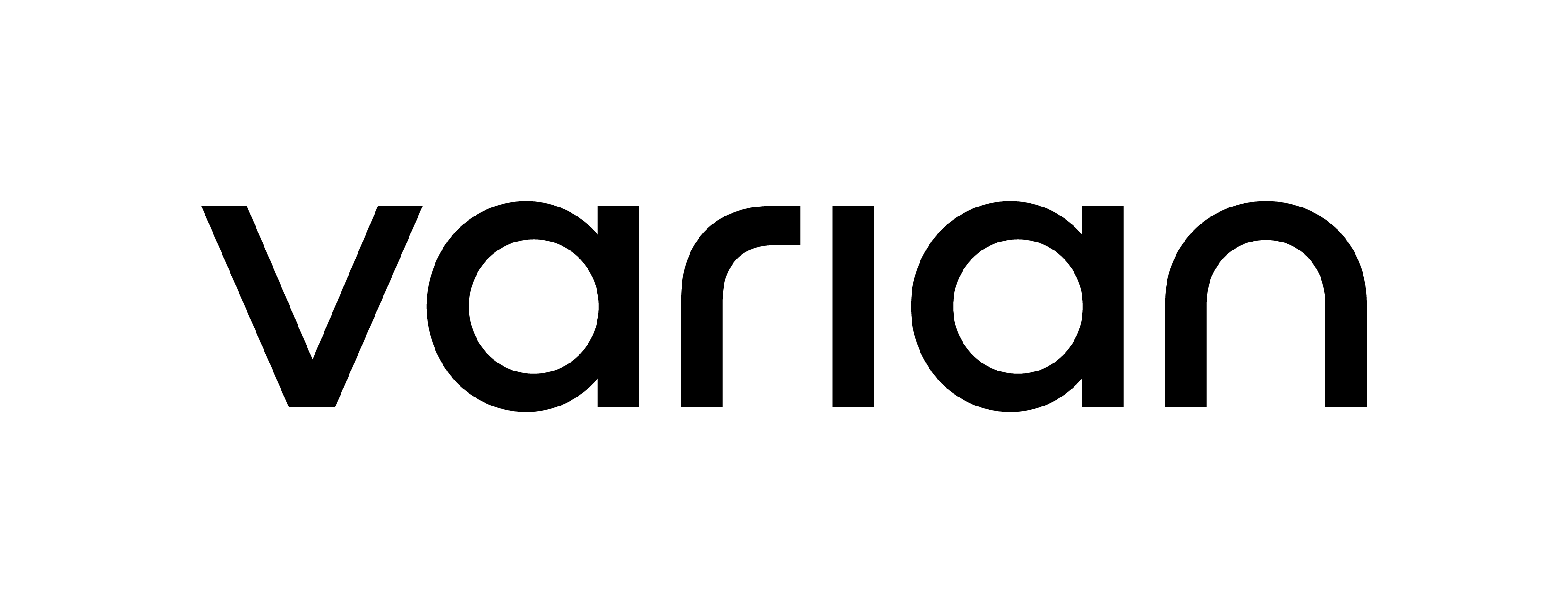Cancer Planners Forum
The first edition of the forum took place from 14-16 May 2025 at Pavillon Gallatin, Geneva, Switzerland, under the theme “Cancer control planning as an investment in the future of a country”.
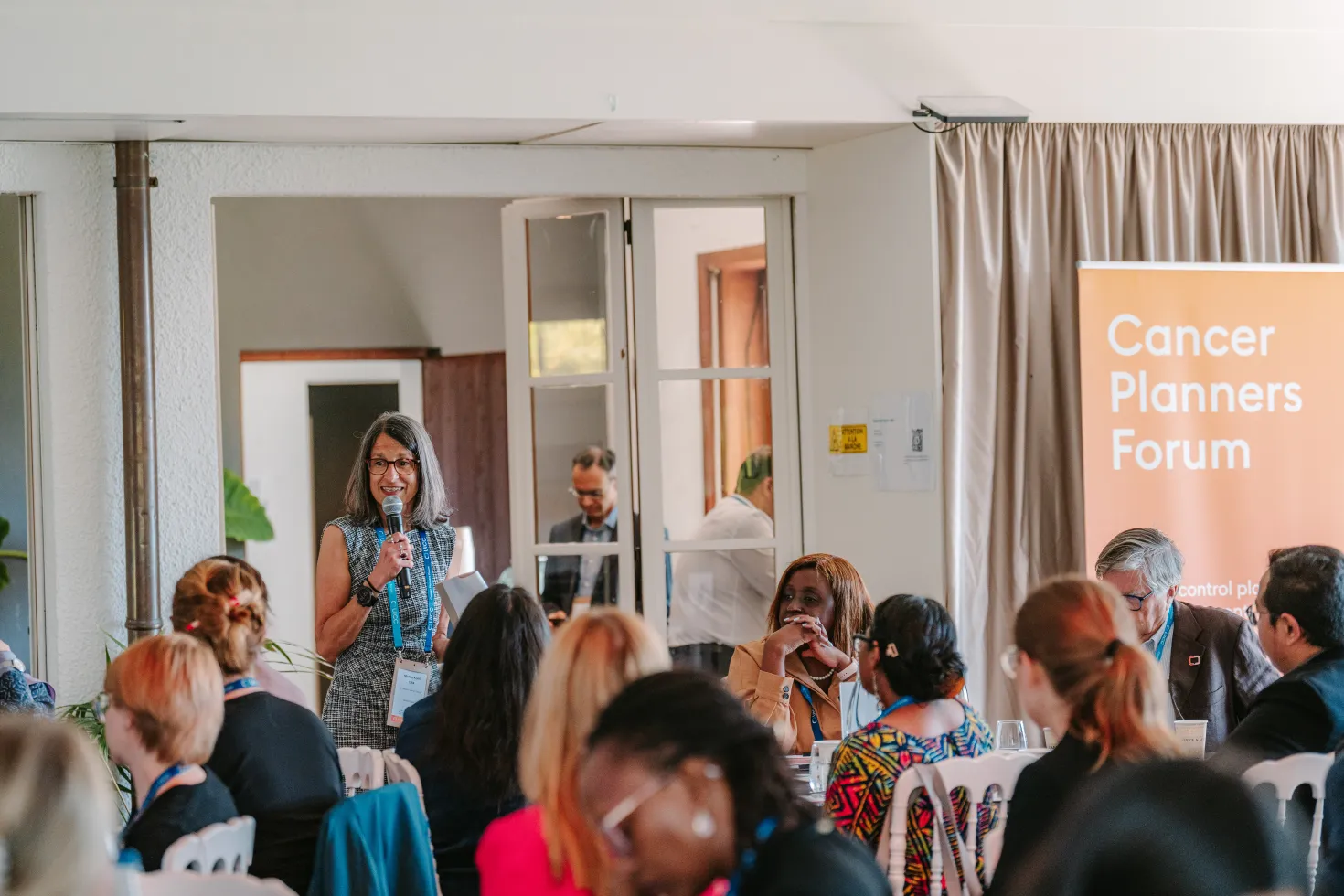
The Cancer Planners Forum was the first global gathering dedicated to individuals responsible for developing and implementing National Cancer Control Plans (NCCPs). Organised by UICC in partnership with the World Health Organization (WHO), the International Agency for Research on Cancer (IARC), the International Atomic Energy Agency (IAEA), and the International Cancer Control Partnership (ICCP) partners, the Forum provided a unique space for cancer control planners to exchange experiences, share best practices, and strengthen their approach to cancer planning. This event was by invitation only.
Governments worldwide are increasingly recognising cancer control planning as an investment in the future of their countries. NCCPs are essential tools for guiding national responses to cancer, yet their implementation and effectiveness vary significantly. The Forum aimed to address these gaps by fostering collaboration, promoting data-driven decision-making, and ensuring that cancer control plans are comprehensive, well-funded, and effectively implemented.
Cancer Planners Forum 2026
A second edition of the Cancer Planners Forum will be held on 13-15 May 2026 in Geneva, Switzerland.
Cancer Planners Forum 2025
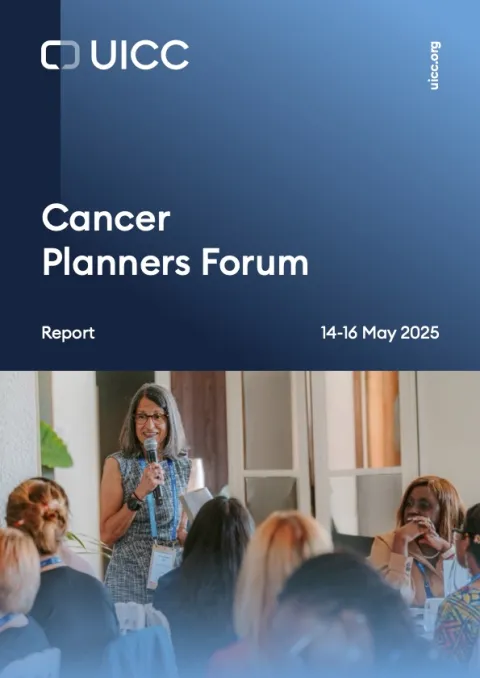
A dynamic, hands-on programme
The Cancer Planners Forum was a highly interactive event, featuring plenary sessions, case studies, working group discussions, and networking opportunities. Participants engaged in sessions covering:
- Best practices in developing and implementing NCCPs
- The investment case for national cancer control planning
- Case studies on successful national cancer responses
- The role of cancer registries and data-driven decision-making
- The impact of law and policy on cancer control
The programme was developed by a Programme Advisory Committee composed of experts from UICC, WHO, IARC, IAEA, and ICCP partners.
Programme of the forum
WELCOME DAY
-
09:00 – 17:00 – WHO workshops (costing tool, childhood cancer and other key initiatives)
- 17:00 – 17:30 – Participants arrival
- 17:30 – 17:45 – Welcome addresses
- 17:45 – 20:00 – Welcome reception
FORUM DAY 1
-
08:15 – 08:45 – Welcome coffee
-
08:45 – 16:25 – Presentations, networking time, on-stage country experiences, table discussions on:
-
Make the investment case
-
Key components of success
-
Key stakeholders
-
Setting objectives and priorities
-
The EU Beating Cancer plan
-
-
17:00 – 17:10 – Group photograph
-
17:30 – 19:00 – Reception including at the venue with guests from the Geneva health community
FORUM DAY 2
-
08:00 – 08:25 – Welcome coffee
-
08:25 – 17:35 – Presentations, Networking time, on-stage country experiences, table discussions on:
-
WHO costing tool
-
How to cost an NCCP
-
Key components of implementation
-
Effective monitoring, evaluation and learning process
-
Legislative Frameworks and Policy Coherence
-
-
17:40 – Closure of the Forum
Who attended?
The Forum brought together over 100 individuals working in cancer control, including:
- National and regional cancer control planners (up to two per country)
- Experts from UICC, WHO, IARC, IAEA, and ICCP partners
- Representatives from Forum sponsors
- Invited experts and guest speakers
This was a unique opportunity to network, collaborate, and exchange ideas with professionals working at the forefront of cancer control planning.
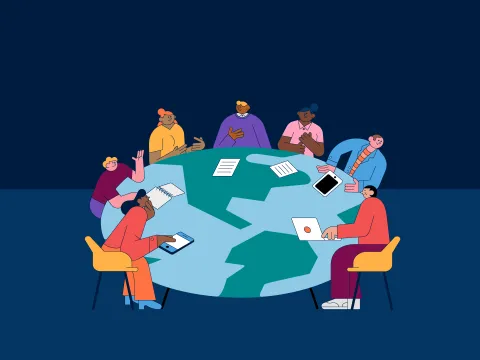
Objectives of the Forum
- Equip cancer control planners with new knowledge and a network of common interest individuals to improve cancer control plans globally
- Improve access to essential resources for NCCP development and implementation
- Drive more funding into cancer control planning and implementation, positioning cancer control plans as an “investment in the future of a country”
- Encourage cross border collaboration between countries who face similar challenges in cancer control
- Set out and encourage best practices in measurement and evaluation
- Create a sustainable network of partner and stakeholder organisations.
Continuing collaboration and impact
Following the Forum, UICC have launched an online community for continued collaboration among participants. The aim is to sustain the momentum and further enhance national cancer control planning efforts.
Contact us for more information
For more details about the Cancer Planners Forum, please reach out to francina@uicc.org
Organised by
In partnership with
Supported by
Latest news and blog articles about National Cancer Control Planning
Second edition of the Cancer Planners Forum to be held 13-15 May 2026 in Geneva, Switzerland
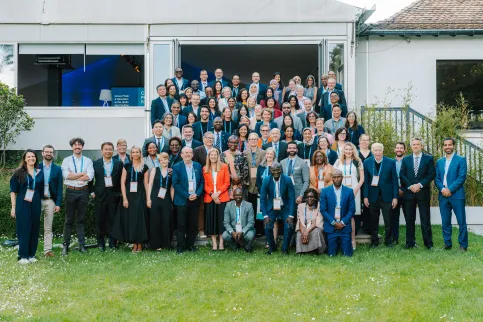
Experts met in Geneva to strengthen cancer planning efforts at the Cancer Planners Forum
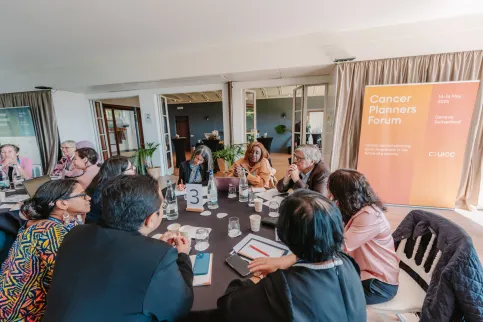
Transforming fractured health systems
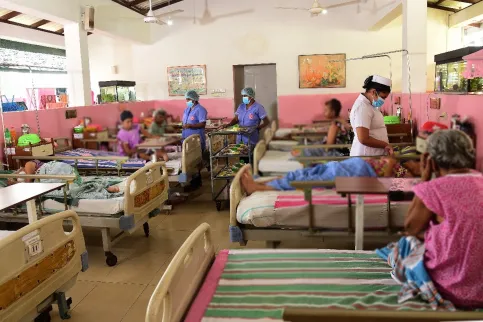
Last update
Wednesday 10 December 2025
